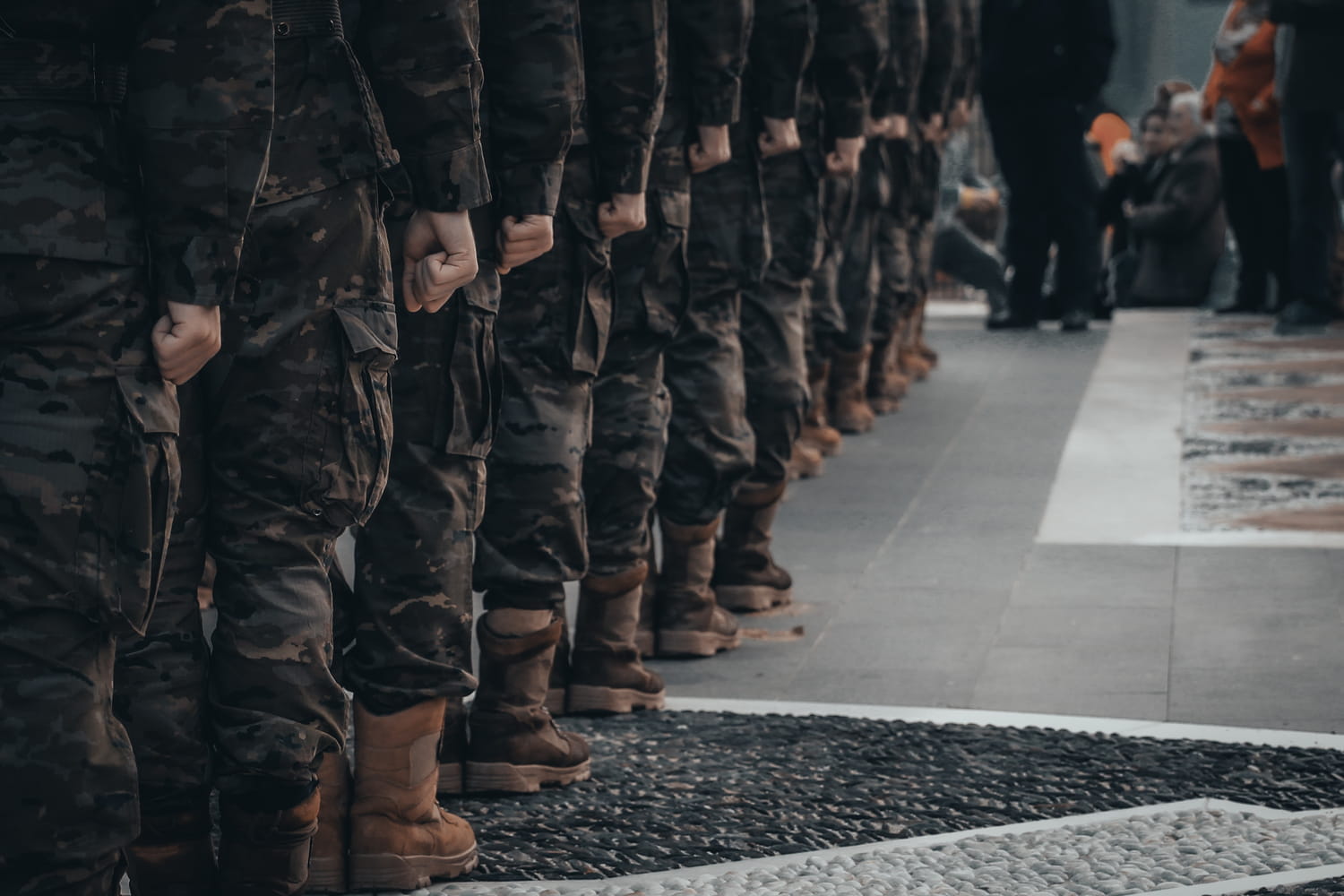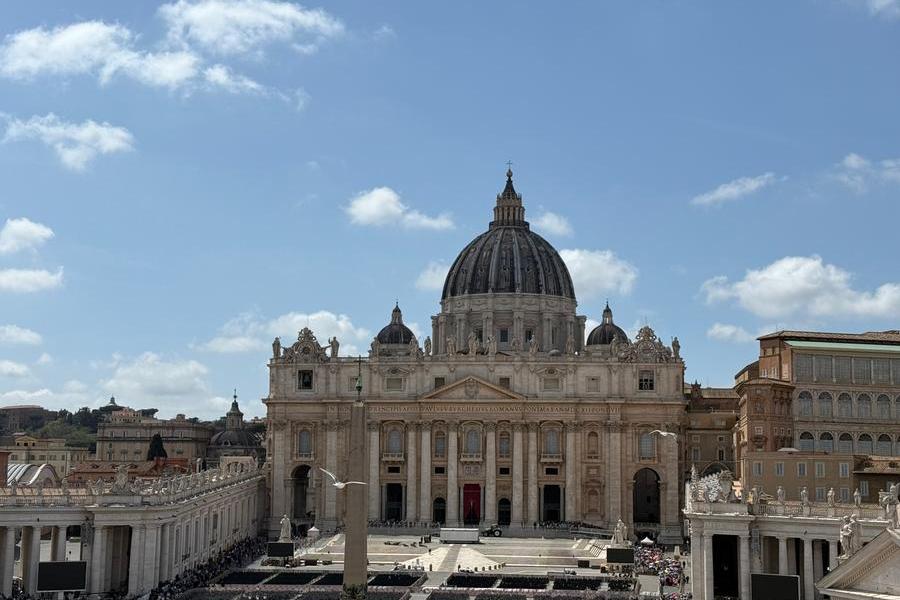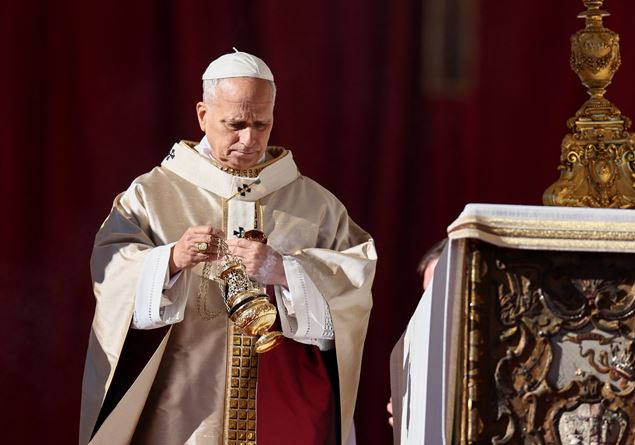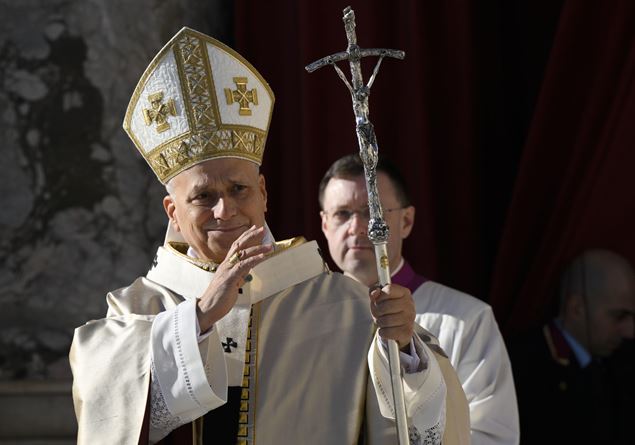The turnout data recorded in the last autumn elections is not just a weak signal: it is a real alarm that continues to ring amidst the indifference of a part of politics. The low 43% of voters found in Veneto, Puglia and Campania voting for the regional elections last weekend is part of a broader and equally worrying picture: in the six regions that voted in recent months (Marche, Calabria, Tuscany and, indeed, Puglia, Veneto and Campania) the average turnout stopped at 44.7%, compared to 57.2% in the previous consultations five years ago, with a net drop of 12.5%.
Translated into people, it means that over 2 million and 200 thousand citizens (2,291,000) who had voted in the past, this time chose to stay at home.
A silent, but strong absence
Veneto marks the highest decrease, with 607,000 fewer voters than in the 2020 regional elections. This is followed by Campania with 572,000, Puglia with 533,000, Tuscany with 435,000, Marche with 120,000, and finally Calabria with 24,000 fewer voters than in the previous round.
It can be objected that in the last three regions to vote (Veneto, Campania and Puglia) the political result was almost a given. But it is not and cannot be a justification.
These numbers cannot leave us indifferent because they confirm a constant, worrying and now structural trend. But above all they question all of us. Such low percentages of voter participation make our democratic institutions more fragile and the first, serious objective of all institutions and all political parties, without distinction of sides, is to recover a part of this vast population of non-voters which is increasingly expanding.
The point is not just electoral, it is also cultural and social.
Voting is a gesture of co-responsibility, the simplest and most powerful way in which everyone contributes to the common good. When millions of people choose not to exercise it, it is not just tiredness: it is distrust in politics, disillusionment, sometimes even civil pain.
We need a policy that speaks the language of the people again, that knows how to listen before convincing, that rebuilds bridges instead of raising walls. We need a community – institutions, schools, parishes, associations – that educates active citizenship. Because a democracy only lives if everyone feels that their voice still has weight, value, dignity.
And this, today more than ever, is the task that concerns us all.










